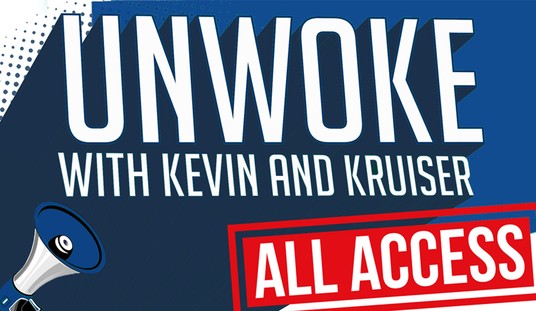In Tech Central Station article titled, “Mediamorphosis“, Alvaro Vargas Llosa looks at how poorly newspapers have handled their transition from a dead tree to a digital medium:
I remember sitting round a table in my capacity as op-ed page editor for one of the Knight-Ridder papers in the early 1990s, listening to Tony Ridder, the chief executive, explain that technology was rendering newspapers as we knew them obsolete. We needed to adapt to the coming revolution: digital, interactive, customized information flows. Twelve years later, Ridder is the victim of what he so eloquently predicted. Forced by Private Capital Management, an important shareholder, he had to agree to the sale of the empire after trying all the options — cutting costs, buying back shares, dumping a few papers. And off went Knight-Ridder, with its 32 papers and a combined circulation of 3.7 million, to the McClatchy Co.
With exceptions such as China and India, the (slow) decline of the newspaper business is a worldwide trend. The big mistake that newspapers in America, Europe and Latin America have made in response to the new environment is to treat this trend as a financial and a technological challenge rather than a cultural phenomenon.
The newspaper industry’s response over the past decade — and Knight-Ridder is a good example, but not the only one — has consisted mainly of two things: restructuring finances and providing online versions of print products. Everything else — including the creation of new businesses under their famed brands or going into cable TV — was intended to salvage the traditional way of providing news. The result is, well, the “whodunit” yell.
The cultural change taking place with regard to information amounts to a decentralization of power. Steve Greenhut of The Orange County Register in Southern California put it nicely when he wrote that “this is the equivalent of the Protestant Reformation for the media, where every man can become his own pope, or in this case his own publisher.”
Matt Drudge’s debut instantly made dead-tree newspapers (and television news) a legacy medium. Which is why it wasn’t at all coincidental how viciously dead-tree reporters attacked* the first of their successors. And even though Drudge’s politics (more or less conservative) were very different from theirs, it’s worth remembering that the media devoted very little–if any–space in their pages to discuss the long-term ramifications of what his debut signified.
* Note careful avoidance of the D-Word!










Join the conversation as a VIP Member